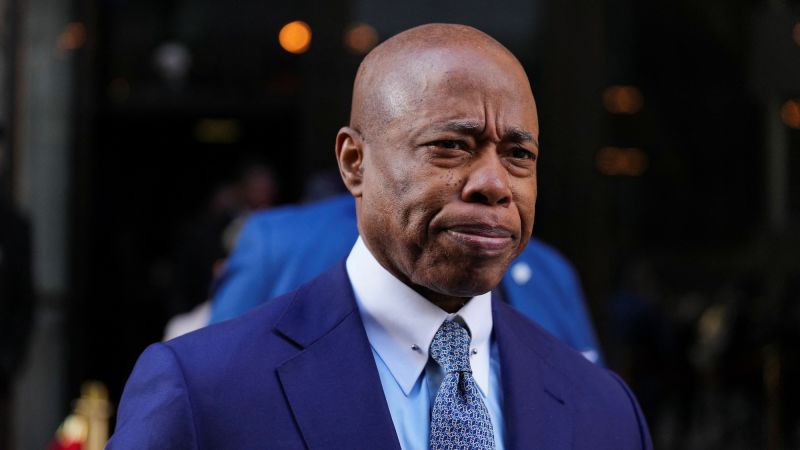Dramatic Exit: Top Prosecutor Walks Away from Eric Adams Investigation Under Pressure

In a significant leadership shift, Danielle Sassoon has stepped down from her role as the acting US attorney for the Southern District of New York. Sassoon submitted her resignation letter directly to the attorney general, marking the end of her tenure in this high-profile prosecutorial position. The departure was confirmed by a source close to the matter, highlighting the dynamic nature of leadership within the federal judicial system.
The Southern District of New York, known for its high-stakes and often high-profile cases, will now need to identify a new acting leader to fill the vacancy left by Sassoon's resignation. Her departure comes at a time of ongoing legal and investigative challenges, underscoring the critical role of leadership in this influential judicial district.

